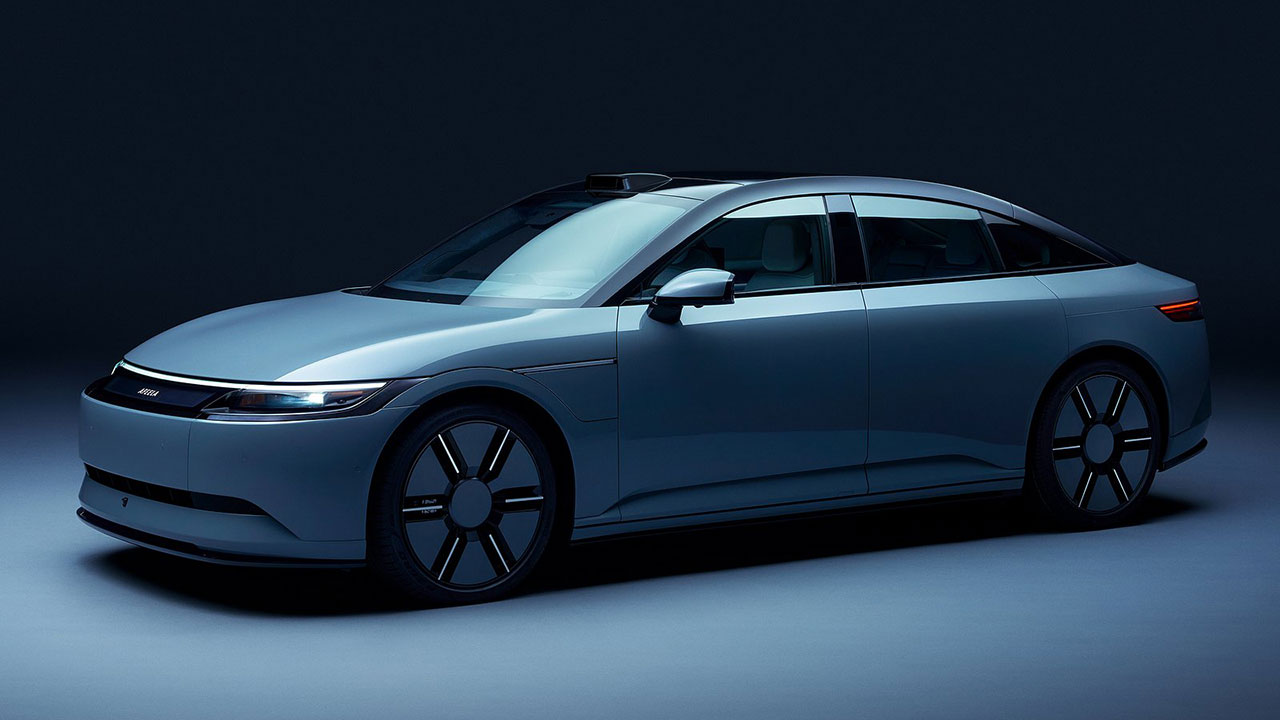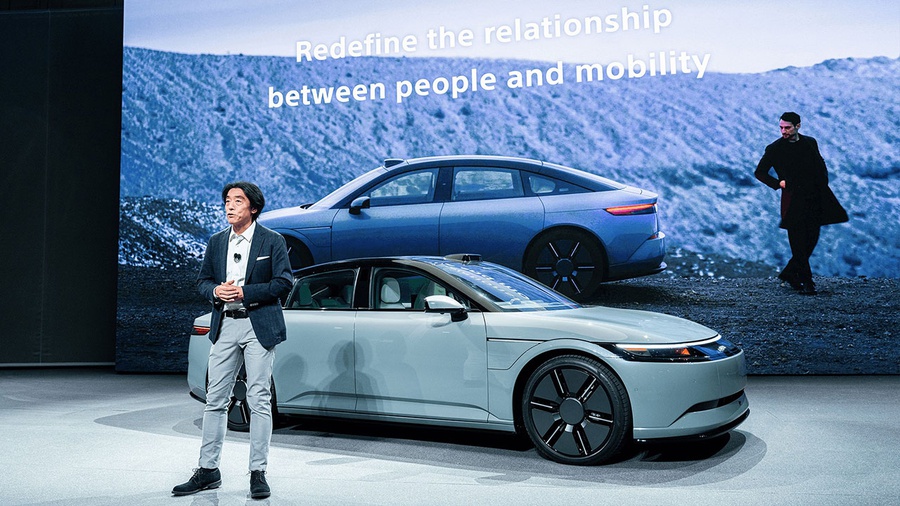These changes provide valuable insights into what we can anticipate when the Afeela makes its debut in 2025. Visually, the four-door vehicle features refreshed front-end styling. The front bumper has been redesigned, now sporting a sporty black strip on the lower fascia. The face has been enhanced with illuminated badging, a full-width light bar, and wrap-around headlights, creating a striking appearance.
Moving to the rear, the Afeela now incorporates traditional side mirrors instead of the slim cameras seen in the previous iteration. The slim roof pillars have been replaced with thicker ones, maintaining the sleek "full glass" illusion that the concept initially showcased. At the rear, the Afeela showcases a more substantial bumper and what appears to be an active rear spoiler. While the trunk lid's taper is less dramatic than before, it remains aesthetically pleasing, drawing inspiration from designs like the Lucid Air and Toyota Crown. This suggests that future Honda Accord models may borrow some styling cues from this EV.

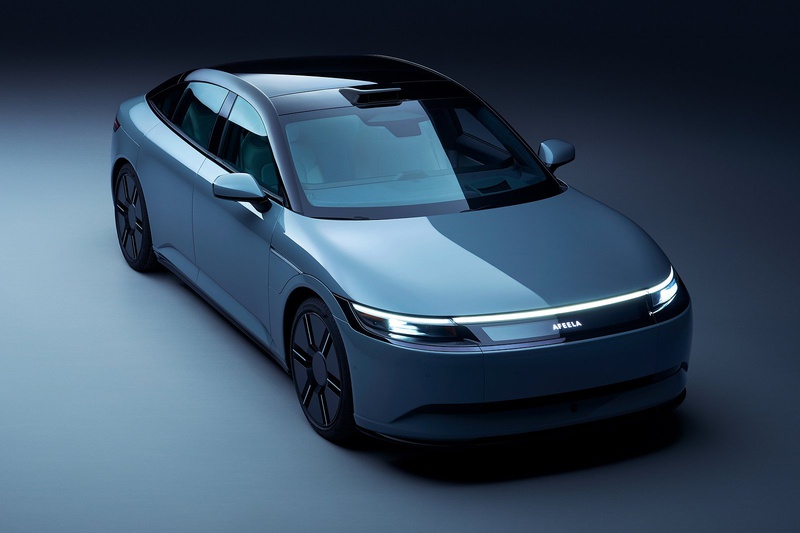
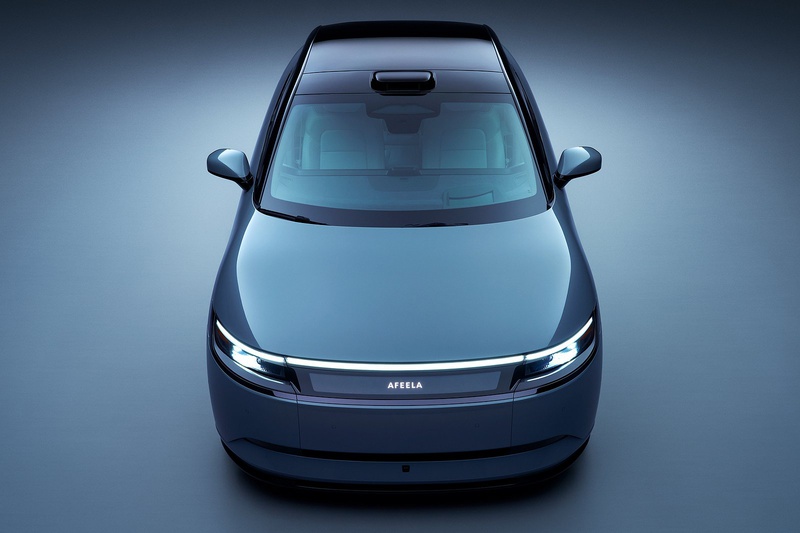
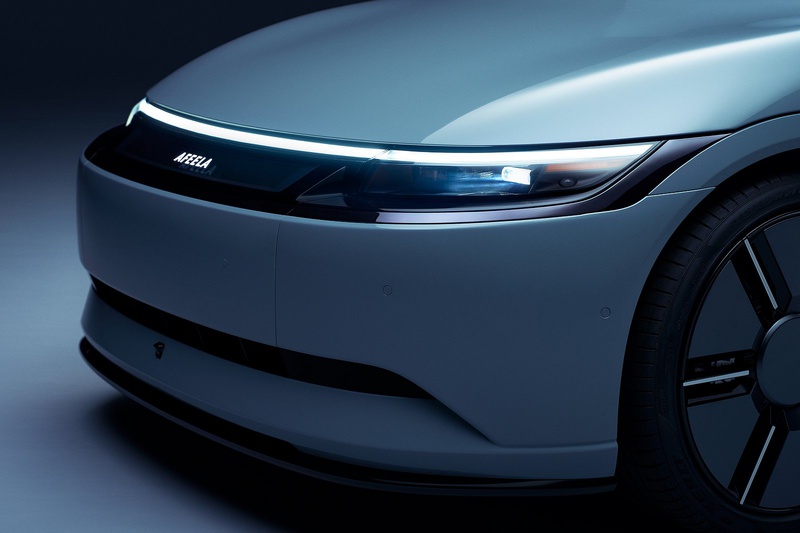
Stepping inside, the Afeela's cabin has received several noteworthy updates. Many elements from the original design have been retained, such as the yoke-style steering wheel and a wide fascia-spanning screen. However, the prototype introduces a more expansive center console equipped with dual wireless charging pads and various other enhancements.
During the unveiling, Izumi Kawanishi, President and COO of the company, discussed significant technological advancements. These include the integration of AI (artificial intelligence) into the driver assistance systems. AI will collaborate with various undisclosed sensing devices for ADAS functions. Sony Honda Mobility has chosen to implement the Vision Transformer, a deep learning model specializing in image recognition, for path planning. Additionally, a redundancy system will be in place to ensure safety, utilizing Qualcomm's high-performance system-on-chips.
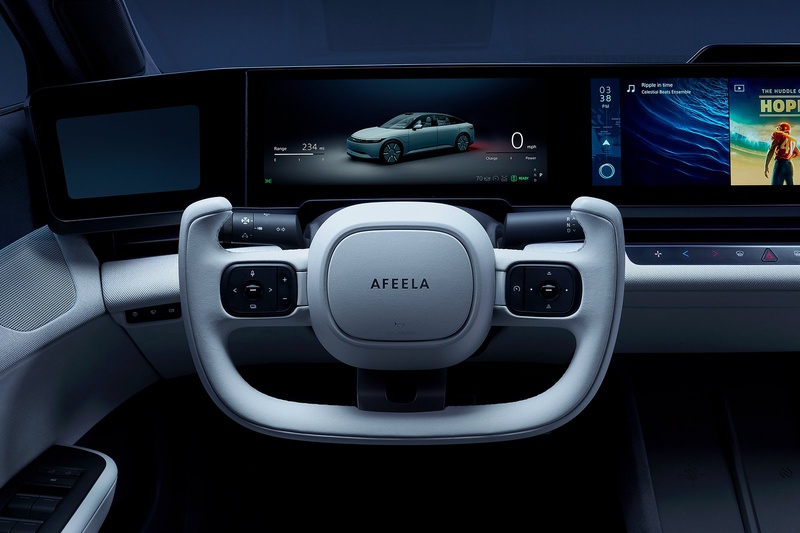
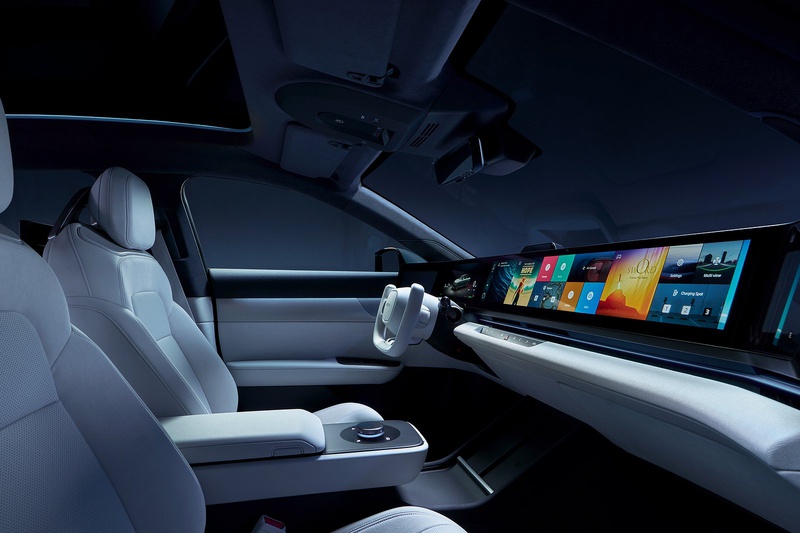
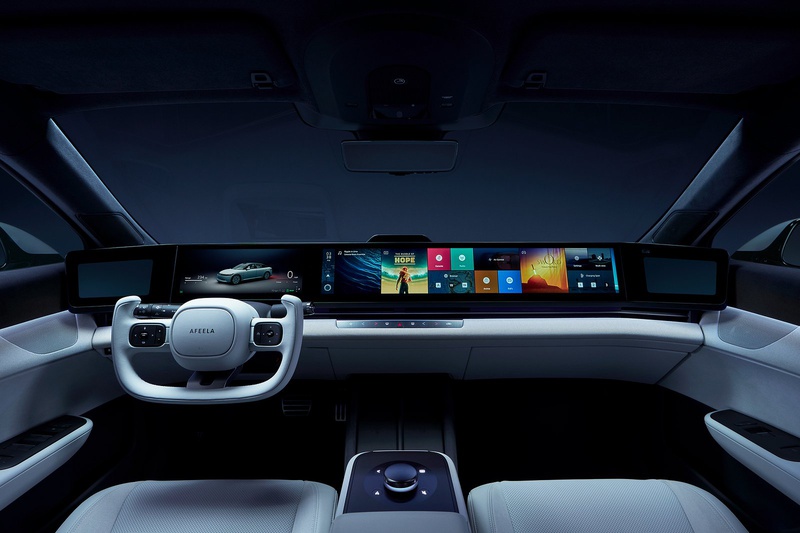
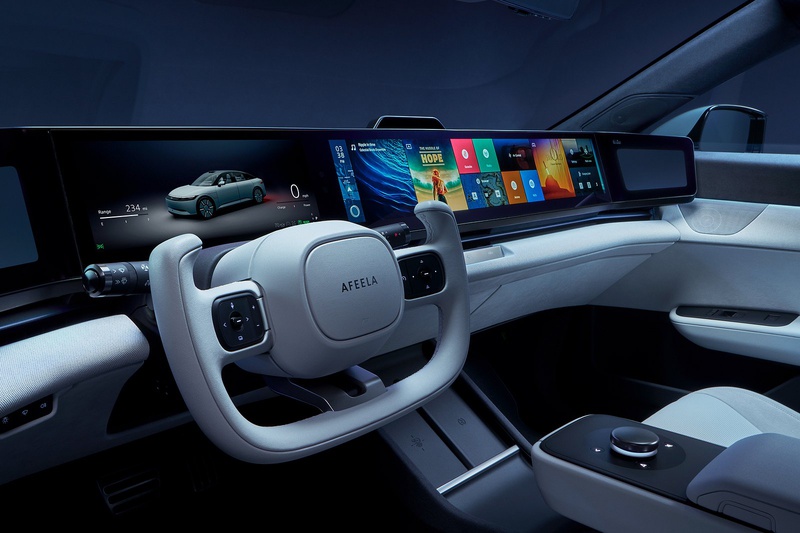
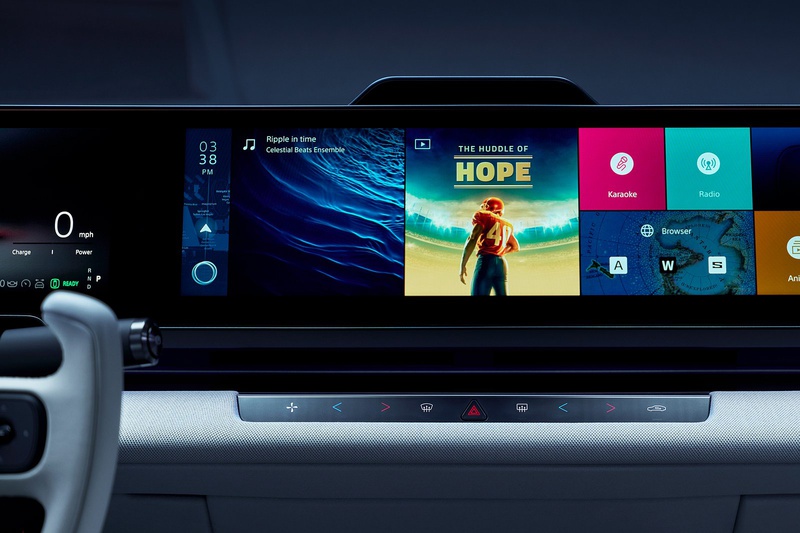
On the entertainment front, Sony Honda Mobility has partnered with Epic Games to create immersive displays capable of simulating external environmental conditions, including weather and other vehicles. This system utilizes the Unreal Engine 5.3 gaming engine, and it raises the possibility of in-car gaming, similar to what other automotive brands have offered.
Furthermore, Sony Honda Mobility has announced a collaboration with Polyphony Digital, with plans to introduce the electric Afeela into Gran Turismo 7 later this year.
The company has also joined forces with Microsoft to co-develop a "conversational personal agent" based on Azure OpenAI software. While details are scarce, it's evident that Sony Honda Mobility aims to lead in sophisticated digital assistants. Volkswagen also announced at CES 2024 that it will implement ChatGPT into its vehicles this year.
As a reminder, the Afeela features Interior Permanent Magnet Synchronous Motors on both front and rear axles, each producing 241 horsepower, resulting in a combined output of 482 hp. The 91 kWh lithium-ion battery pack supports fast charging, with speeds of up to 150 kW on a DC charger. However, specific details about the range have not been disclosed.
Notably, the vehicle has grown slightly in size, measuring 193.5 inches (4,915 mm) in length, while retaining all other dimensions. We can anticipate further refinements before its anticipated debut next year.
Source: Carbuzz
